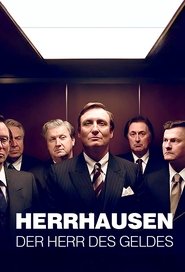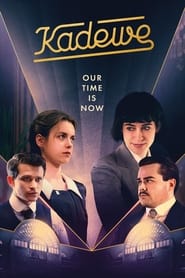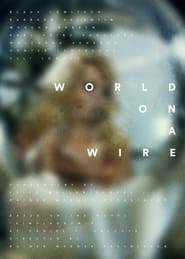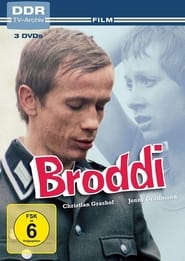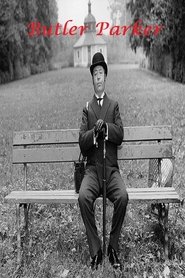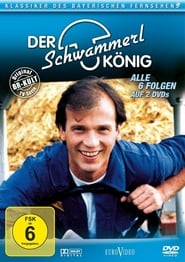Das Erste TV Series - Page 24
-
Herrhausen - Der Herr des Geldes
2024
star 5.3Alfred Herrhausen, CEO of Deutsche Bank, has a vision to provide debt relief to the world's poorest countries, including making a deal with the nearly bankrupt Soviet Union, but his vision quickly attracts attention from all sides. -
Wolf, Bär & Co
2007
Wolf, Bär & Co
2007
-
Little America
2021
star 6.8In a small area of West Germany, the American military presence opened up a new world in the early 1950s and paved the way for individual freedom, freedom of movement and capitalism in Germany. In this time of upheaval, two friends are looking for their place and have to fight time and again with the 'old order', the conservative forces from politics, church and society. Confronted with the seductions of the new world, the two dissimilar women make an opposing development that puts their intimate friendship to a severe test ... -
KaDeWe
2021
star 5.2During a robbery at KaDeWe, of all places, a magical encounter occurs between Hedi, a saleswoman in the textile department, and Fritzi, the daughter of KaDeWe owner Adolf Jandorf. It is love at first sight: Against all social and family odds, the two disparate young women begin a passionate relationship. At the same time, Fritzi's older brother and war returnee Harry is fighting for his father's recognition as the new junior manager of KaDeWe - and against his own despair. At Harry's side is Georg, a general manager placed in front of him by his father, who has worked his way up from a poor background to the top echelons of KaDeWe. Georg, of all people, will play a decisive role in the future fate of the department store... -
World on a Wire
1973
star 7.2Cybernetics engineer Fred Stiller uncovers a massive corporate conspiracy involving a virtual reality computer project. -
Vera Wesskamp
1992
Vera Wesskamp
1992
-
Broddi
1975
Broddi
1975
-
Castle Hohenstein
1992
Castle Hohenstein
1992
After the tragic loss of her mother, the medical student Christine Berger takes a job as a supervisor for the young Countess Leonore von Hohenstein, who suffers from a heart disease. Leonore's husband Gregor and Christine are drawn to each other from the first moment, but both are aware of the impossibility of their love and try to suppress their feelings. -
Ein ehrenwertes Haus
1998
Ein ehrenwertes Haus
1998
-
Space Patrol
1966
star 8Raumpatrouille – Die phantastischen Abenteuer des Raumschiffes Orion, also known as Raumpatrouille Orion, and Space Patrol Orion in English, was the first German science fiction television series. Its seven episodes were broadcast by ARD beginning September 17, 1966 six years before Star Trek first aired in West Germany. Being a huge success with several reruns audience ratings went up to 56%. Over the years, the series acquired a distinct cult status in Germany. -
Oben und unten
1960
Oben und unten
1960
-
Butler Parker
1972
Butler Parker
1972
-
Der Schwammerlkönig
1988
-
Die Landärztin
2005

